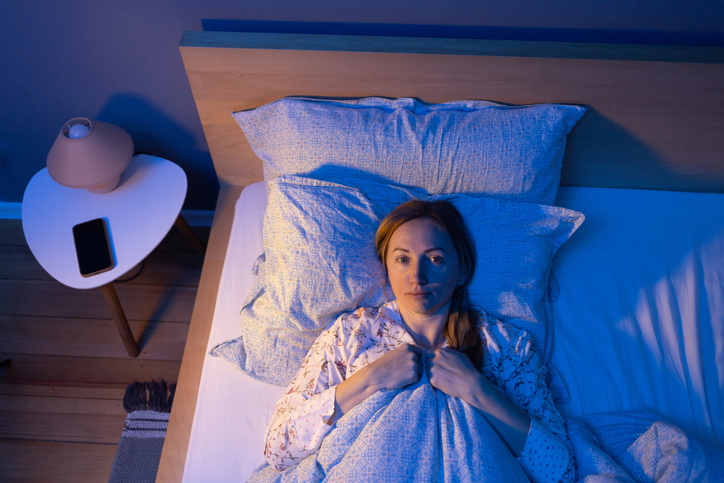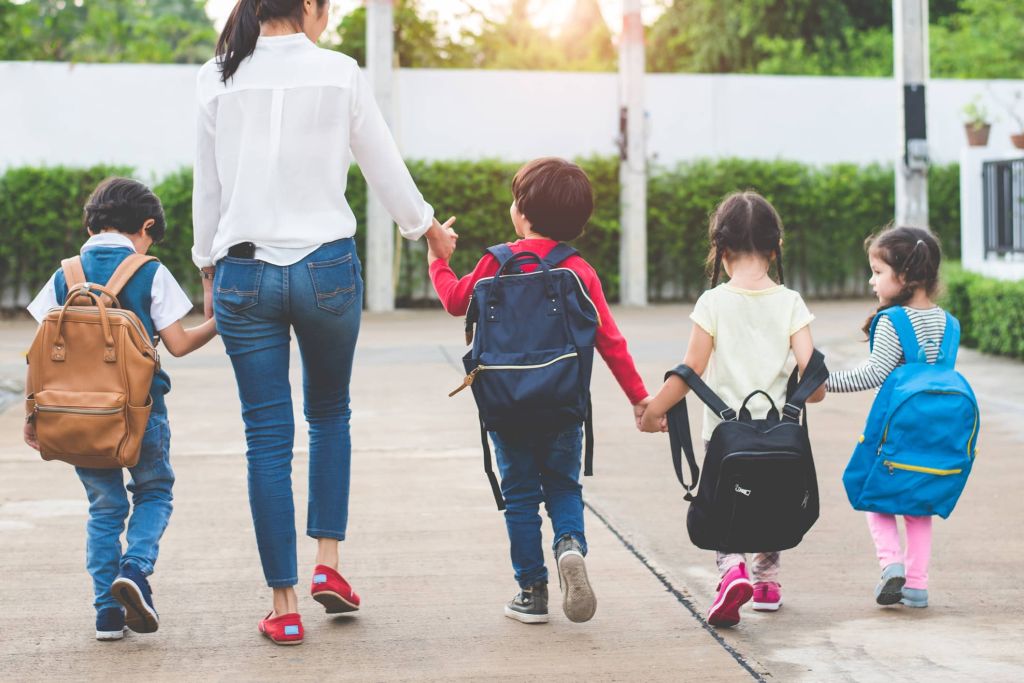Wide Awake in America: Why We Can’t Fall Asleep
Ever crawl into bed feeling ready to sleep—only to lie there, wide-eyed, thinking about laundry, emails, or that one awkward thing you said in 7th grade?
You’re not alone. Most Americans climb into bed by 10:36 p.m.—but their brains don’t get the memo.
According to a new survey, it takes the average person 42 minutes to finally fall asleep, landing most people in dreamland around 11:18 p.m.

And get this:
Three mornings a week start with sleep regret.
That’s right—many people wake up wishing they had gone to bed earlier.
So, why can’t we fall asleep?
29% say they’re still tackling unfinished chores.
21% enjoy the rare quiet of the night.
15% delay bedtime to avoid thinking about work tomorrow.
Some people simply savor their alone time after a long day, even if it cuts into their sleep.

Sharing a bed? It’s not always a dream.
Nearly half of adults sleep next to a partner, but only 49% say they sleep better because of it.
Meanwhile:
63% are kept up by their partner’s snoring.
52% are disturbed by movement or midnight bathroom trips.
Temperature fights and mismatched routines don’t help either.
Love may be in the air—but so is loud breathing and blanket stealing.

Back-to-school means back-to-sleep struggle for parents.
Over half of parents with school-aged kids expect earlier wakeups, while 25% see bedtime getting pushed even later.
And 11% worry their sleep quality will suffer thanks to the extra stress of school season.
Between packing lunches, helping with homework, and trying to hold onto a sliver of quiet time, parents are stretched thin—and their sleep often pays the price.
The takeaway?
Even with the best intentions, Americans have a hard time sticking to a healthy bedtime.
Whether it’s chores, partners, work stress, or just wanting a few more moments of peace, something always seems to get in the way.
A comfy bed can help—but a cozy routine and a little grace might matter even more.

















